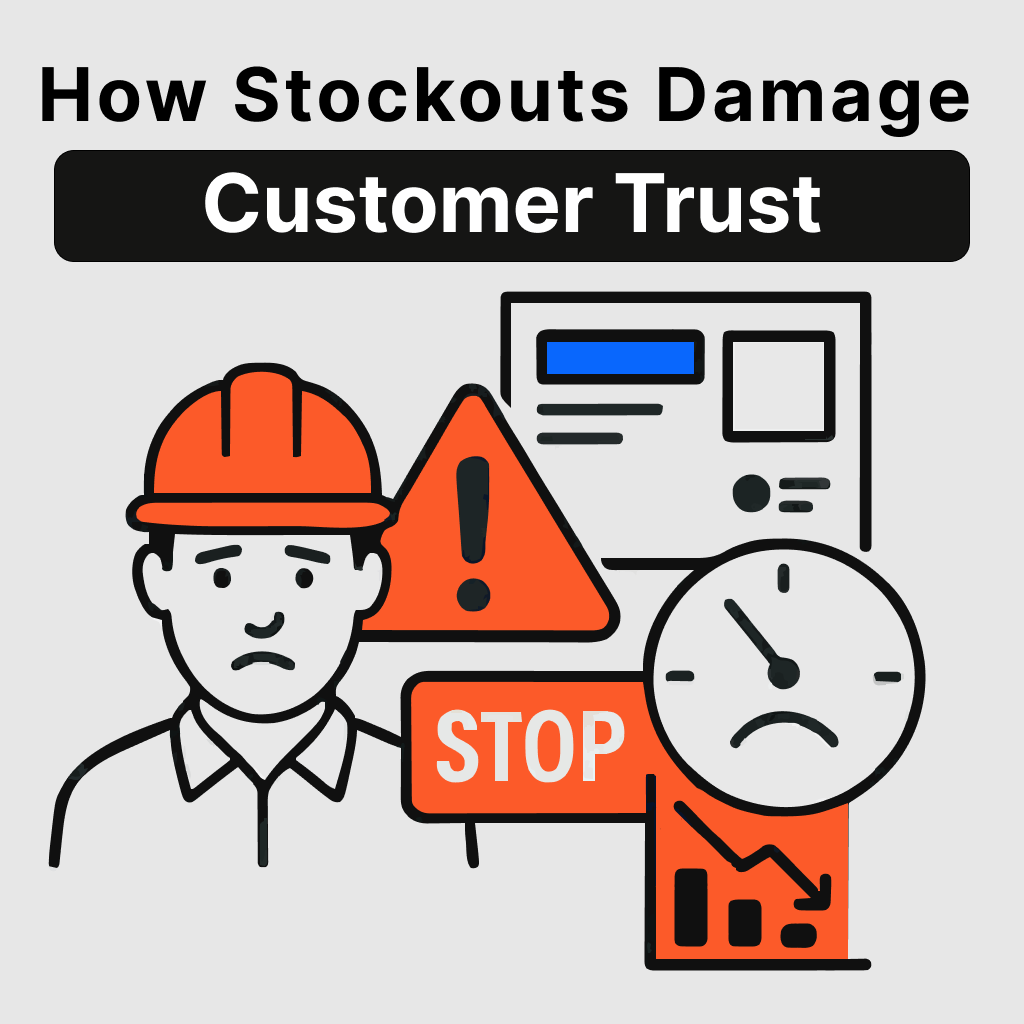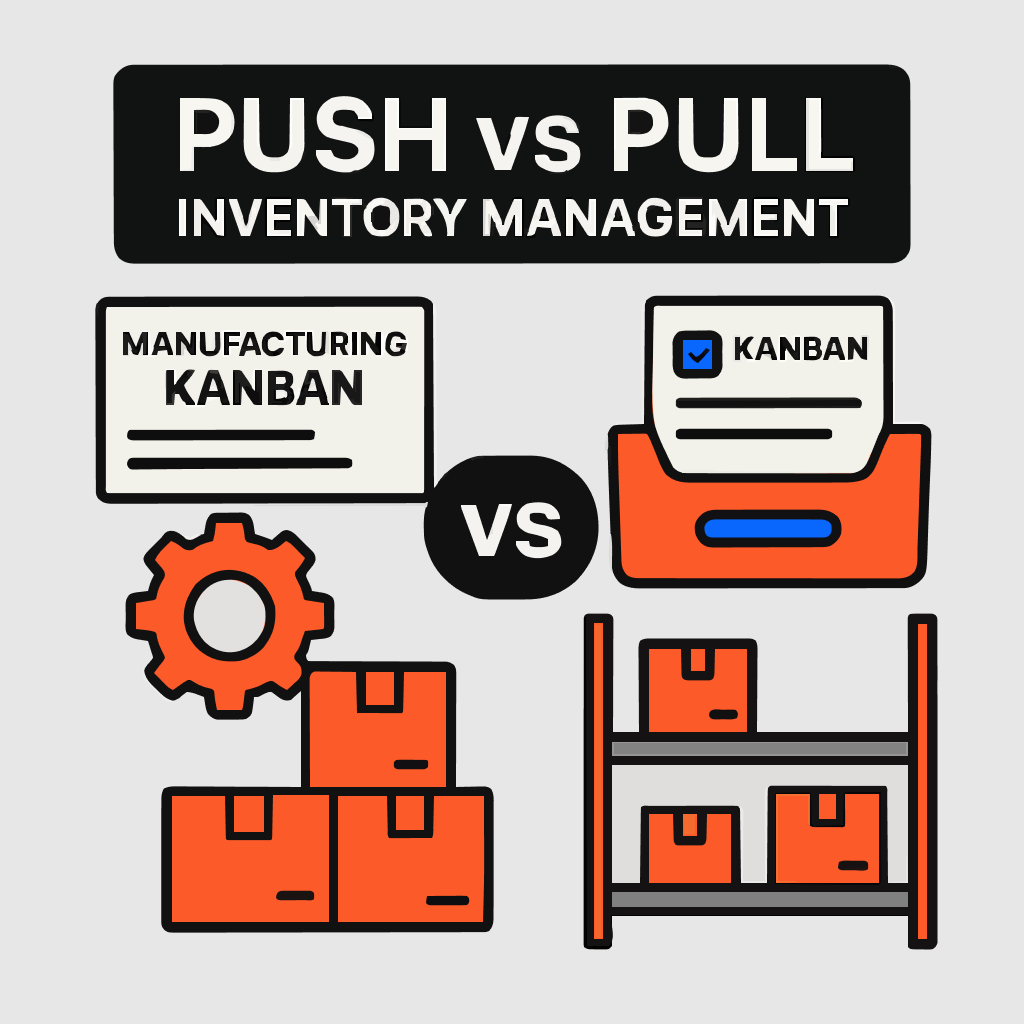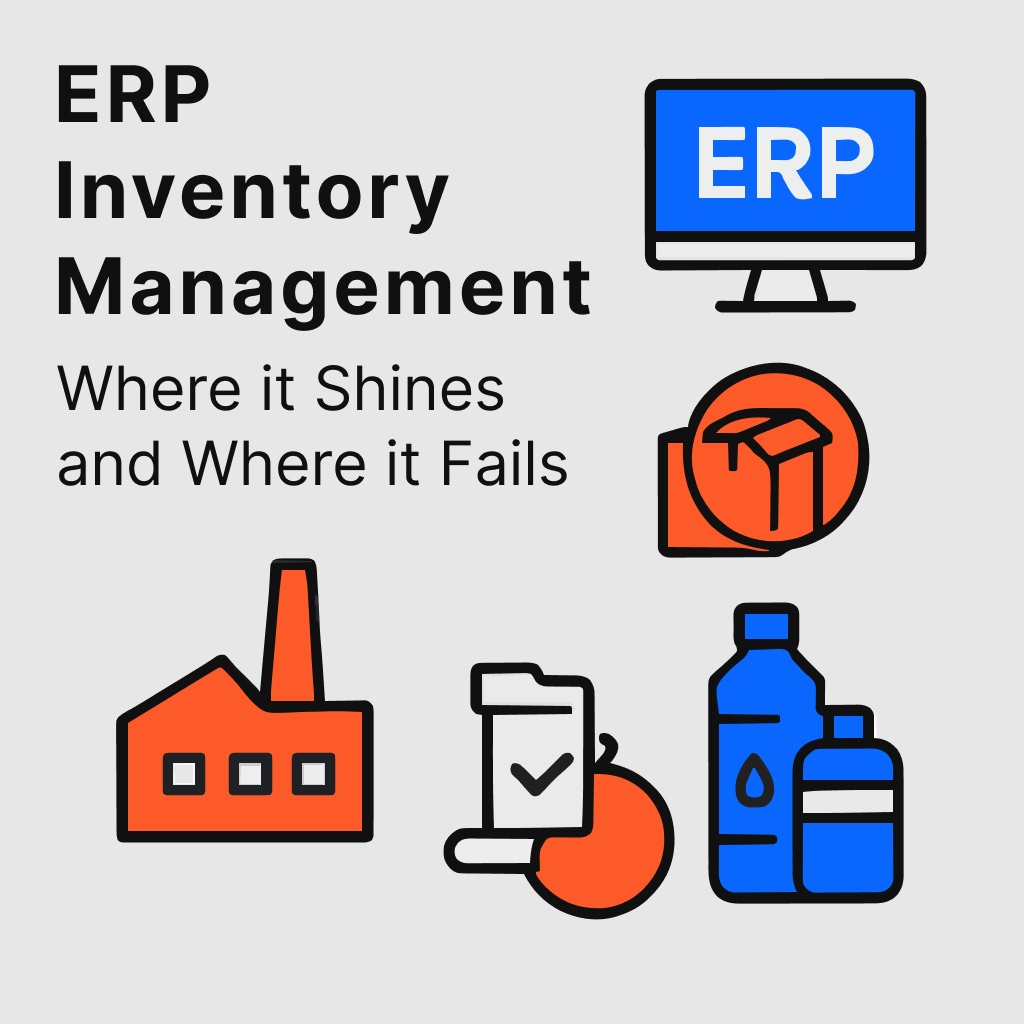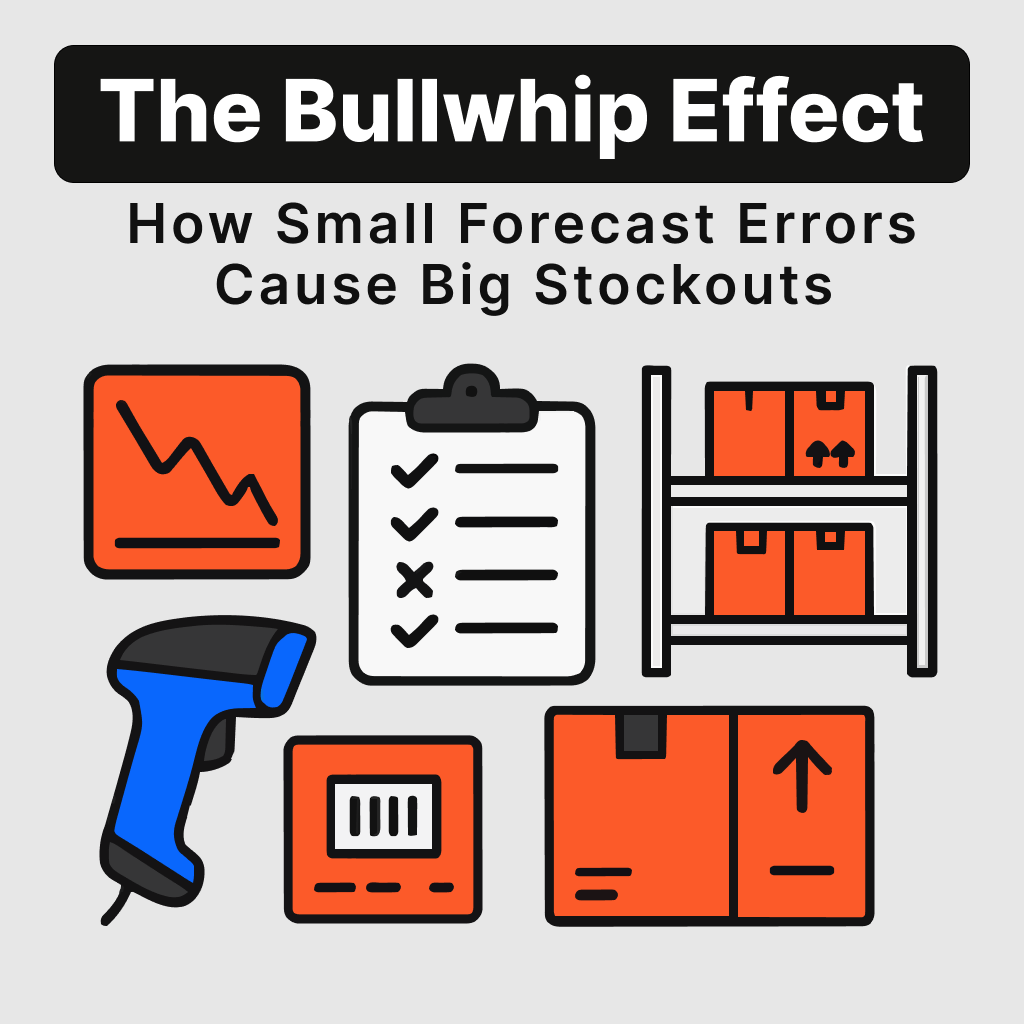The Irreversible Damage: When Customers Choose Competitors
The Economics of Customer Acquisition vs. Retention
Losing customers due to stockouts creates exponentially higher costs than maintaining reliable inventory levels. Industry research consistently shows that acquiring new customers costs 5-25 times more than retaining existing ones, making customer churn prevention a critical financial priority. When stockouts drive customers to competitors, you're not just losing current revenue - you're losing the entire lifetime value of those relationships.
The customer acquisition process in manufacturing typically involves lengthy sales cycles, extensive technical discussions, quality certifications, and relationship building that can take months or years to complete. When stockouts destroy these carefully cultivated relationships, you face the enormous challenge of rebuilding your customer base from scratch while competitors benefit from the reliable relationships you've abandoned.
Research indicates that 65% of retail customers will seek alternative suppliers after experiencing a stockout, and this abandonment rate can be even higher in B2B manufacturing where customers have multiple supplier options. The immediate revenue loss pales in comparison to the long-term cost of replacing these departed customers.
When Temporary Stockouts Create Permanent Churn
Manufacturing customers who switch suppliers due to stockouts rarely return, even after you've resolved your inventory challenges. The process of qualifying and integrating new suppliers requires significant time and resources that customers won't readily abandon once they've made the transition. Your former customers become invested in their new supplier relationships, making it extremely difficult to win back their business.
The competitive advantage shifts permanently to suppliers who maintained consistent availability during your stockout periods. These competitors not only gain your former customers but also benefit from positive word-of-mouth recommendations that can help them capture additional market share. Your temporary inventory problems create lasting competitive disadvantages that can take years to overcome.
Professional research shows that customers experiencing stockouts often switch permanently to competitors, particularly when alternative suppliers demonstrate superior reliability during critical periods. This customer migration can permanently reduce your market share and limit your growth opportunities in key segments.
The Network Effect of Customer Loss
In manufacturing industries, customer networks often share supplier experiences and recommendations. When stockouts damage your relationship with one customer, the negative impact can spread throughout their professional network, affecting your reputation with potential customers you've never directly served. This amplification effect multiplies the impact of stockouts far beyond the immediate customer relationships.
Industry conferences, trade publications, and professional associations provide forums where disappointed customers can share their supplier experiences, potentially damaging your reputation with hundreds of potential clients. The interconnected nature of manufacturing communities means that reliability problems become industry knowledge, making it harder to attract new customers and retain existing ones.
Stop Stockouts Before They Start
Lorem ipsum dolor sit amet, consectetur adipiscing elit. Suspendisse quis orci nec diam iaculis cursus. Curabitur fermentum lorem nec posuere egestas.
Make Free Reorder CardsLong-Term Reputation Damage: The Brand Crisis That Compounds
How Industry Networks Amplify Stockout Stories
Manufacturing industries operate as tight-knit professional communities where supplier performance becomes common knowledge through industry associations, trade shows, and informal networks. When you experience significant stockouts, particularly those affecting multiple customers simultaneously, the stories spread rapidly through these professional channels. Your reliability challenges become industry talking points that can persist for years, affecting relationships with customers you've never directly served.
Professional purchasing managers regularly communicate with peers at other companies, sharing both positive and negative supplier experiences. A reputation for stockouts and missed deadlines can eliminate you from consideration for major contracts before you even have the opportunity to present your capabilities. This exclusion from competitive bidding processes represents lost opportunities that may never become visible to your sales team.
The digital age has amplified these network effects through professional social media platforms, industry forums, and online review systems where B2B customers share supplier evaluations. Negative experiences with stockouts can generate lasting digital footprints that appear in search results when potential customers research your company, creating ongoing marketing challenges that require significant investment to overcome.
Competitive Advantages That Become Permanent Losses
When competitors maintain superior on-time delivery performance during your stockout periods, they gain competitive advantages that can become permanently entrenched in customer relationships. These competitors not only capture your lost sales but also benefit from enhanced reputation among industry networks that observed their reliability during challenging periods.
Market share losses due to stockouts often prove difficult to recover because customers develop institutional knowledge and operational procedures around their new suppliers. The switching costs associated with changing suppliers again work in favor of the competitors who gained your customers during stockout periods, creating barriers to your attempts to rebuild market position.
Research on stockouts shows that reliability problems can lead to permanent market share decline as customers seek more dependable suppliers. In manufacturing, where supplier relationships often involve multi-year contracts and extensive integration processes, these market share losses can persist for extended periods, limiting your growth opportunities and profitability.
The Investment Required for Reputation Recovery
Rebuilding a reputation damaged by stockouts requires substantial investment in marketing, sales efforts, and operational improvements that can take years to generate results. You'll need to demonstrate consistent reliability over extended periods to overcome the skepticism created by previous stockout experiences. This reputation recovery process requires maintaining perfect or near-perfect delivery performance while competitors continue building their own reliability advantages.
The marketing investment required to counteract negative reputation effects can significantly exceed the costs of preventing stockouts through improved inventory management. Professional services, enhanced marketing campaigns, and extended sales cycles all contribute to higher customer acquisition costs that persist until your reliability reputation fully recovers.
In Manufacturing, Reliability Is the Real Competitive Edge
Stockouts may look like small cracks in your operations, but left unchecked, they can fracture customer relationships, erode trust, and permanently shift market share to your competitors. The key takeaway is simple yet urgent: reliability is not just an operational goal, it’s the foundation of customer loyalty and long-term success in manufacturing.
Every on-time delivery reinforces your credibility, while every missed promise sends customers searching for alternatives. Preventing stockouts isn’t just about protecting revenue today; it’s about safeguarding the reputation and trust that will fuel your growth tomorrow.
So, the question isn’t whether you can afford to invest in stronger inventory management, it’s whether you can afford not to. Because in an industry where your word is your bond, reliability isn’t just part of the business. It is the business.
%201.svg)








.svg)














.svg)
.svg)

.svg)